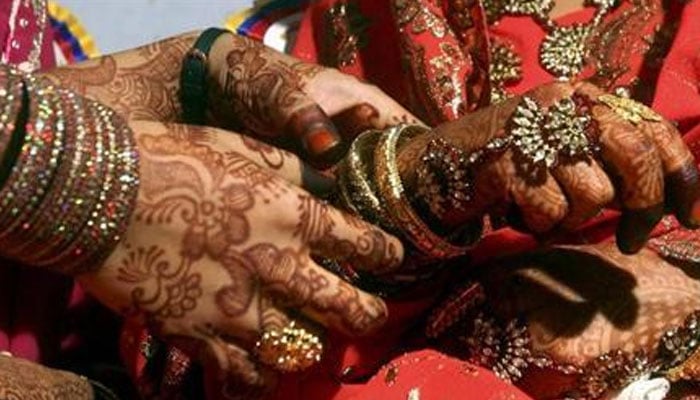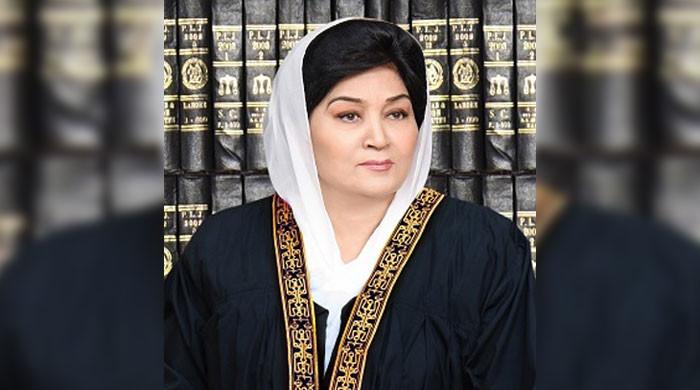Supreme Court makes first wife's permission obligatory for second marriage
If permission is not sought, the sum of meher agreed upon at the time of nikkah, must be immediately paid to first wife
August 26, 2020

ISLAMABAD: The Supreme Court of Pakistan on Wednesday made it mandatory for a man to obtain consent from his first wife or an arbitration council before marrying for the second time.
In case a man omitted consent from his first wife, he must immediately pay her the entire sum of haq mehr, or dower, agreed on the day of nikkah — regardless of whether it was to be paid immediately or not.
The law requiring permission from the first wife before a second marriage was aimed at society's reformation, the court remarked, adding that its violation may lead to many problems.
The apex court's five-page order, penned by Justice Sayyed Mazahar Ali Akbar Naqvi, came in response to an appeal against a decision by the Peshawar High Court (PHC), which had ruled it mandatory for a man to immediately pay his first wife the entire dower agreed to should he opt for a second marriage.
In ratifying the PHC's decision, the appeal against it was subsequently set aside.
The Supreme Court ordered petitioner Muhammad Jameel — who had married without the consent of his first wife — to immediately pay her the total dower agreed on the day of his marriage.











